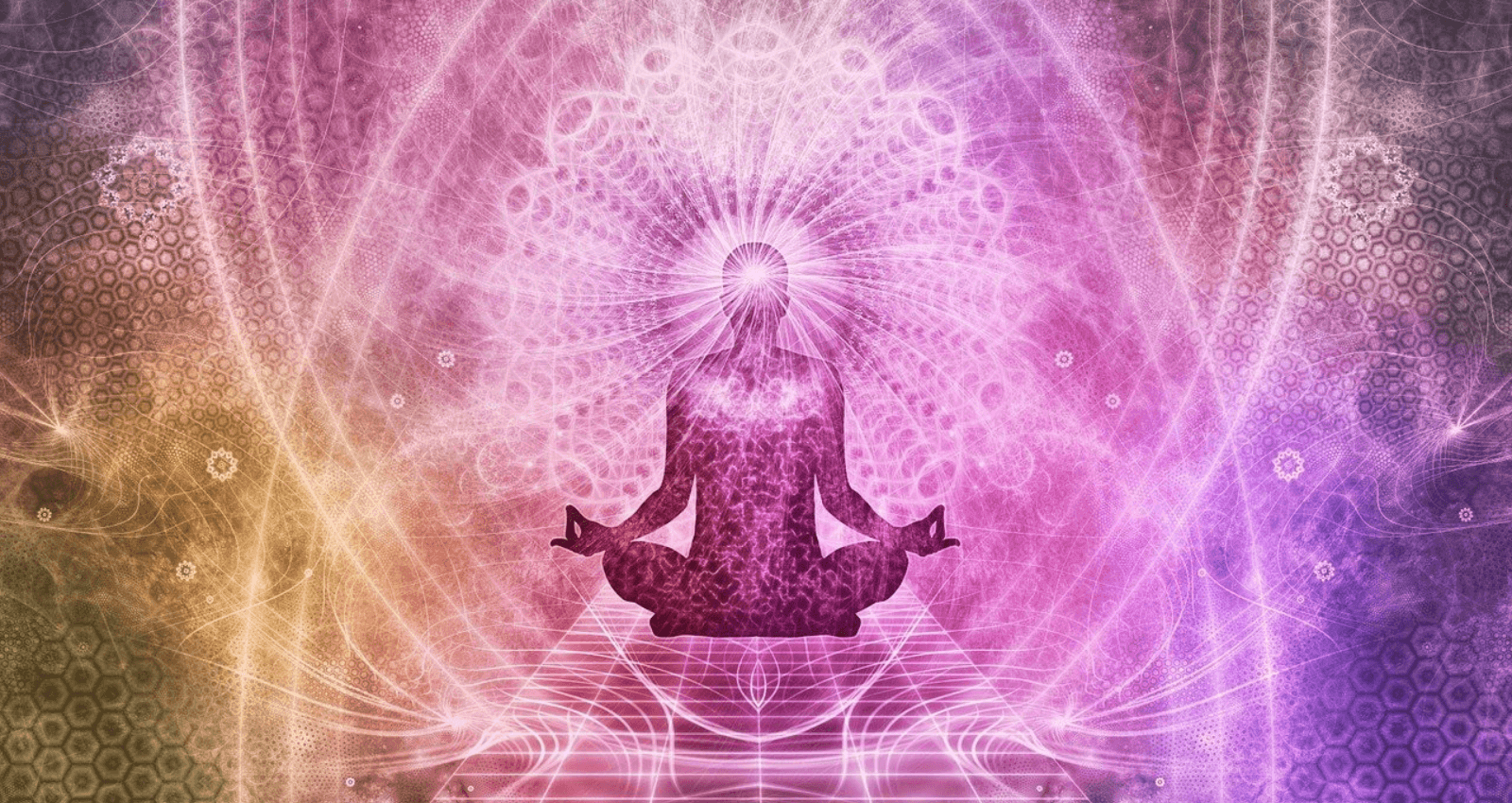How is Yoga & Indian Philosophy are Connected to Each Other?

Yoga and Indian philosophy are closely intertwined. Yoga, originating in ancient India, is a comprehensive system encompassing physical, mental, and spiritual practices. It encompasses a diverse array of techniques, including physical postures (asanas), breath control (pranayama), meditation, and ethical guidelines.
Indian philosophy refers to the various philosophical traditions that have developed in the Indian subcontinent over thousands of years. These philosophies explore fundamental questions about the nature of reality, the self, and the ultimate purpose of human life.
By integrating philosophical concepts with yogic practices, you can deepen their understanding of themselves, & feel your connection to the world. Yoga and Indian philosophy together offer a holistic approach to personal growth, self-discovery, and spiritual enlightenment.

These philosophical systems provide a conceptual framework for understanding the goals and principles of yoga. They delve into the nature of consciousness, the interplay between the individual self and the universal consciousness. It is the path to self-realization and liberation (moksha).
Yoga is deeply rooted in Indian philosophy and draws from several philosophical systems, including:
Samkhya Philosophy
Samkhya is one of the oldest philosophical systems in India and provides a metaphysical foundation for yoga. It describes the dualistic nature of reality, distinguishing between the eternal, unchanging pure consciousness (Purusha) and the ever-changing material world (Prakriti). This understanding of reality aligns with the aim of yoga to transcend the material world and connect with the eternal.
Vedanta Philosophy
The Upanishads, which are historic Hindu scriptures, constitute the foundation of the intellectual school known as Vedanta. According to Vedanta, Brahman, an all-pervading, infinite consciousness, is the ultimate reality. It explores the nature of the self (Atman) and its relationship to Brahman. This concept of unity aligns with the yogic goal of realizing the true self beyond the limited identity of the ego.
Yoga Philosophy
Yoga philosophy is outlined in Patanjali’s Yoga Sutras, a classical text that codifies the principles and practices of yoga. It describes the eight-limbed path of yoga (Ashtanga Yoga), which includes moral disciplines (yamas), observances (niyamas), physical postures (asanas), breath control (pranayama), sense withdrawal (pratyahara), concentration (dharana), meditation (dhyana), and the state of unity (samadhi). These principles draw parallels with ethical teachings found in various Indian philosophical traditions, such as the concept of dharma in Hinduism and the principles of Ahimsa (non-violence) and Satya (truthfulness) in Jainism.
Advaita Vedanta
Advaita Vedanta, an influential school of thought within Vedanta philosophy, teaches non-dualism. It posits that Brahman and Atman are essentially the same, and the perceived duality of the world is an illusion. Advaita Vedanta emphasizes the importance of self-inquiry and knowledge (jnana) to realize one’s true nature.
Yoga, as a practical discipline, complements these philosophical teachings by offering methods and practices to experience and embody the philosophical concepts.
What is the Origin of Yoga?
According to tradition, the science of yoga is believed to have been bestowed as a divine gift by Lord Shiva, who is revered as the Lord of Yoga.
It was revealed to ancient sages, enabling humanity to recognize their inherent divine essence. This profound wisdom has been transmitted through authentic teachings, passed down through generations via the sacred guru-shishya paramparā, or lineage of teachers and disciples.
What is the Definition of Yoga?
Yoga is a holistic philosophy, practice, and discipline aimed at attaining harmony and balance among the body, mind, and soul. Yoga & Indian Philosophy offers a pathway to inner peace, health, and overall well-being.
Patanjali’s Yoga Sutras defines Yoga as Yogash chitta vritti nirodhah, which means:
“Yoga is the nirodha (regulating, mastering, integrating)
of the modifications (gross and subtle thought patterns) of the mind.”
The term Yoga derived from Sanskrit root ‘Yuj’ around. It means ‘To Yoke’ or ‘To Connect.’ The practice of yoga connects:-
- Soul with supreme-soul
- Ego-self with the divine-self
- Individual consciousness to the universal consciousness
- Body, mind & soul
The practice of yoga involves a combination of static postures, exercises, deep relaxation techniques, adopting healthy lifestyle, & cultivating a positive.
According to researchers, yoga is believed to have originated in India approximately 5000 years ago, rooted in ancient traditions and wisdom.
It’s important to note that yoga is not a religion and does not conflict with an individual’s personal beliefs or religious practices. It is a versatile practice that can be embraced by people from various backgrounds and spiritual perspectives.
Yoga is a pathway to living life to its fullest potential, enabling individuals to unite with the entirety of creation. It is through practice of yoga that we embark on a journey to deepen our connection and experience the world.
What is the Centre of Philosophy of Yoga?
There is no doubt that “Law of Karma” is the centre of yoga philosophy.
Moreover, the reason is the Karma works like a glue that attaches us to the wheel of samsara. This further perpetuates our suffering & the delusion of Maya.
According to ancient theory, Maya is the illusion that creates veil between our ego & unitive experience of the universe.
This reality or foundational world views can be non-understandable to the foreigners but all the concepts are true & proven.
The ultimate aim of Yoga & Indian Philosophy is to attain a continuous state of pure awareness known as Moksha. Yoga involves surpassing the limitations of the mind in order to realize the “true self” or the “highest self.” This realization of pure consciousness represents our innate nature. In the state of liberation, all mental constructs and philosophical concepts dissolve. Essentially, the study of yogic philosophy serves as a vital tool for enhancing one’s Yoga practice and achieving enlightenment.
Reasons to Follow Yoga Philosophy
Everyone should follow the philosophy of yoga. This helps to lead a happy, healthy & peaceful life. Furthermore, happiness transforms into deep & long-lasting contentment. Healthiness keep our bodies & minds vital & vibrant.
With the philosophy of yoga, we end up creating a physical, mental & emotional harmony.
Yoga complements these philosophical teachings by offering methods and practices to experience and embody philosophical concepts.



